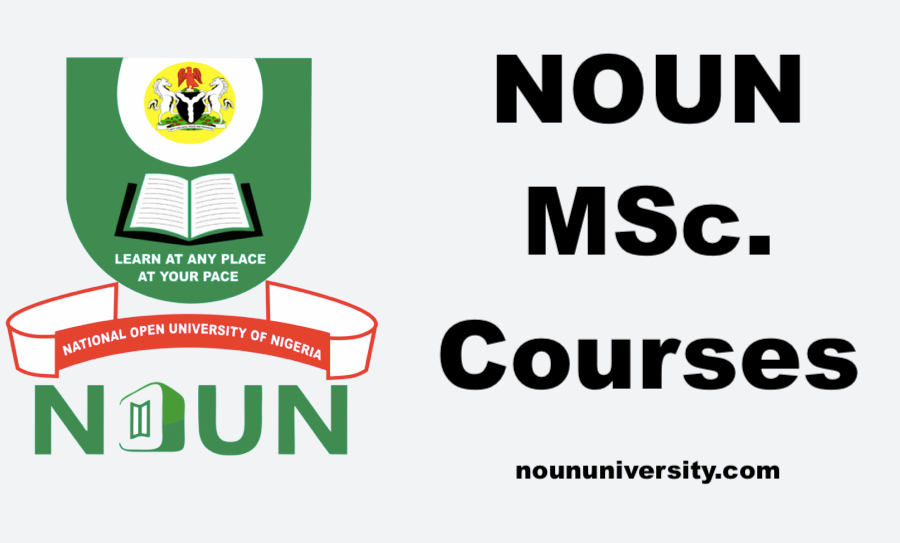NOUN Non-Examinable Courses. Are you a Faculty of Education student at the National Open University of Nigeria struggling to understand non-examinable courses? This blog post is your one-stop guide to everything you need about projects, seminars, practicums, teaching practices, and more!
Have you been confused on this topic? This guide covers everything you need about Project, Seminar, Practicum, Teaching Practice, and Micro Teaching in the Faculty of Education.
Read also: How to Create JAMB Profile: Easy Step-by-Step Guide.
Introduction: Brief Explanation.
Non-examinable courses are an integral part of the curriculum for Faculty of Education students at the National Open University of Nigeria.
These courses provide valuable opportunities to apply your theoretical knowledge to real-world scenarios and develop essential professional skills. But with so many different courses which are not examinable to choose from, it can be confusing to know what to expect and how to register.
In this blog post, we will provide a comprehensive overview of NOUN non-examinable courses for Faculty of Education students. We will cover:
- The different types of non-examinable courses
- When and how to register for each course
- What to expect from each course
- Tips for success in non-examinable courses
Read also: NOUN B.NSc Nursing Admission Requirements.
Understanding NOUN Non-Examinable Courses
The National Open University of Nigeria’s non-examinable courses are designed to provide students with practical experience and hone their skills in their chosen field.
These courses do not involve traditional written exams but rather assess students through project work, presentations, field placements, and other hands-on activities.
Read also: NOUN Study Centres Across All States in Nigeria & Locations.
Types of Non-Examinable Courses in the Faculty of Education
- Project: This is a major research undertaking completed in 400 level (undergraduate), 700 level (PGDE), and 800 level (postgraduate).
- Seminar: This course involves in-depth research and presentation on a specific topic in 400 level and 800 level. It is important to note that PGDE students do not register for seminars.
- Microteaching: This introductory course in 200 level equips students with basic teaching skills through practical exercises.
- Teaching Practice (TP): This immersive experience in 300-level (TP 1) and 400-level (TP 2) allows students to apply their knowledge in real classroom settings. PGDE students also undertake teaching practice in their second semester.
- Post-Teaching Practice: This follow-up course in 300 level reflects on the teaching practice experience and helps students solidify their learnings.
- Practicum: This field-based placement in the 800 level provides postgraduate students with valuable industry experience.
Important Registration and Submission Notes
- Remember to register for all relevant non-examinable courses during the designated registration periods.
- After registering for teaching practice and practicum, submit an application letter at your study centre.
- Consult your department or study centre advisor for specific requirements and deadlines.
Read also: NOUN Vice-Chancellor ODL Essay Competition.
Conclusion: NOUN Faculty of Education Non-Examinable Courses.
By understanding the different types of non-examinable courses and following the registration and submission guidelines, you can confidently approach these essential requirements and gain valuable experience in your chosen field.
Lastly, remember that effective time management, clear communication with your supervisor, and a commitment to quality work are key to success in the National Open University of Nigeria’s non-examinable courses.
Sharing is Caring
Please share this guide with your fellow Faculty of Education students to help them navigate the world of the National Open University of Nigeria’s non-examinable courses. And if you have any questions or experiences to share, feel free to leave a comment below!

